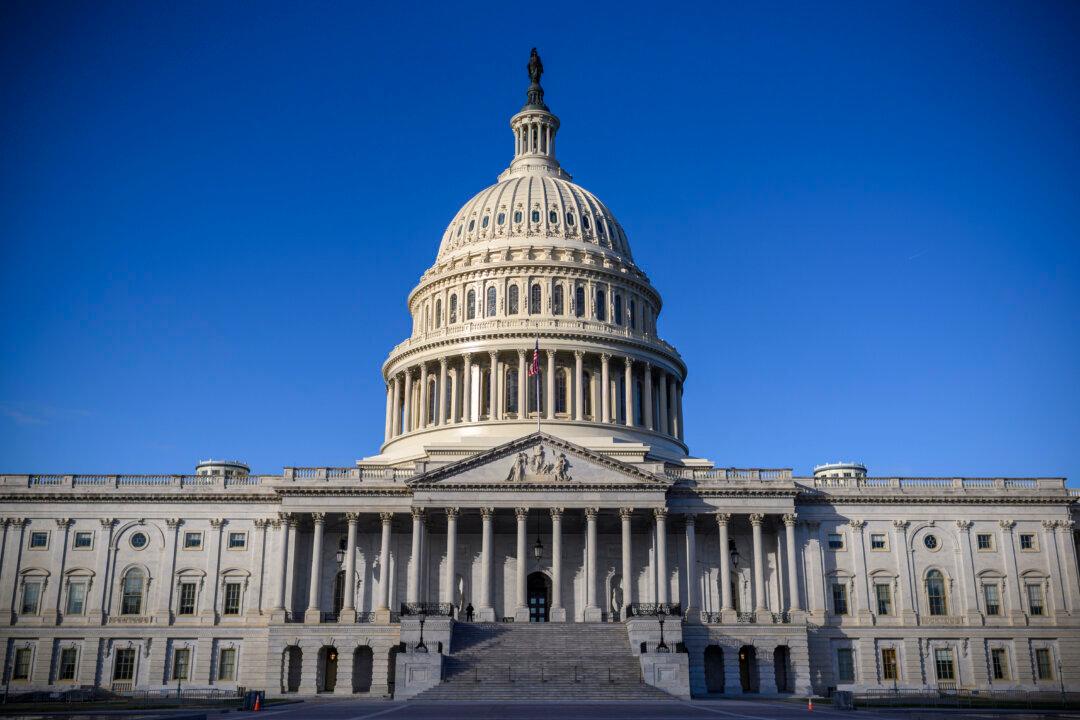In an exclusive interview with The Epoch Times, Cynthia Hughes, founder of the Jan. 6 defendant advocacy group “Patriot Freedom Project” (PFP) and top Jan. 6 attorney Joe McBride discussed their experiences, describing “despicable” conditions and a pressing desire to ensure that the rights of these defendants are respected.
Following the Jan. 6, 2021, “Stop the Steal” rally in Washington, the Department of Justice (DOJ) under Attorney General Merrick Garland undertook one of the largest manhunts in DOJ history to round up anyone implicated in the Capitol breach.





